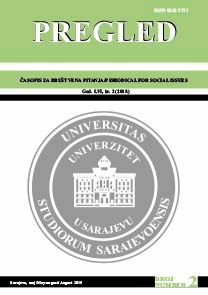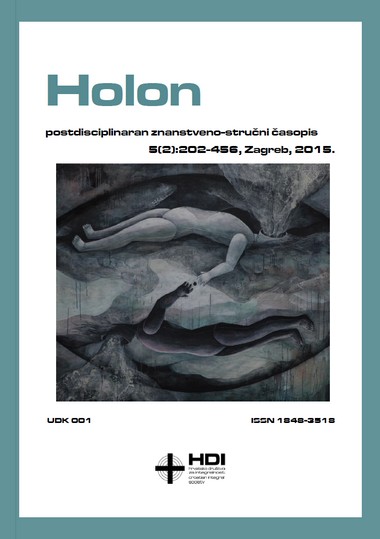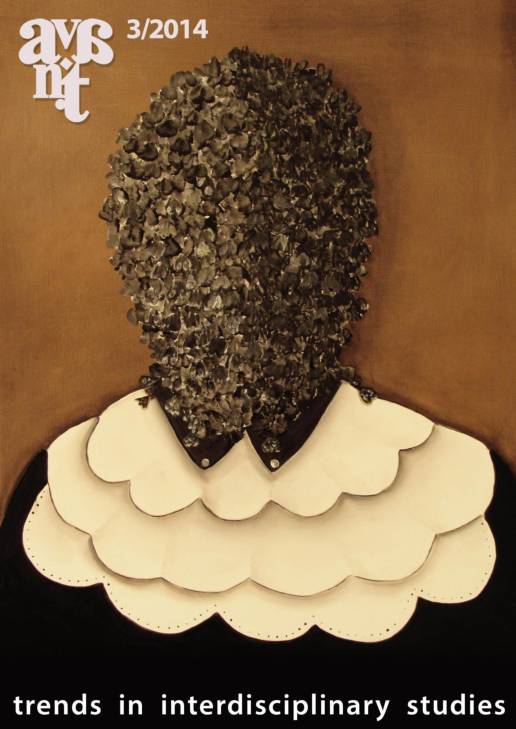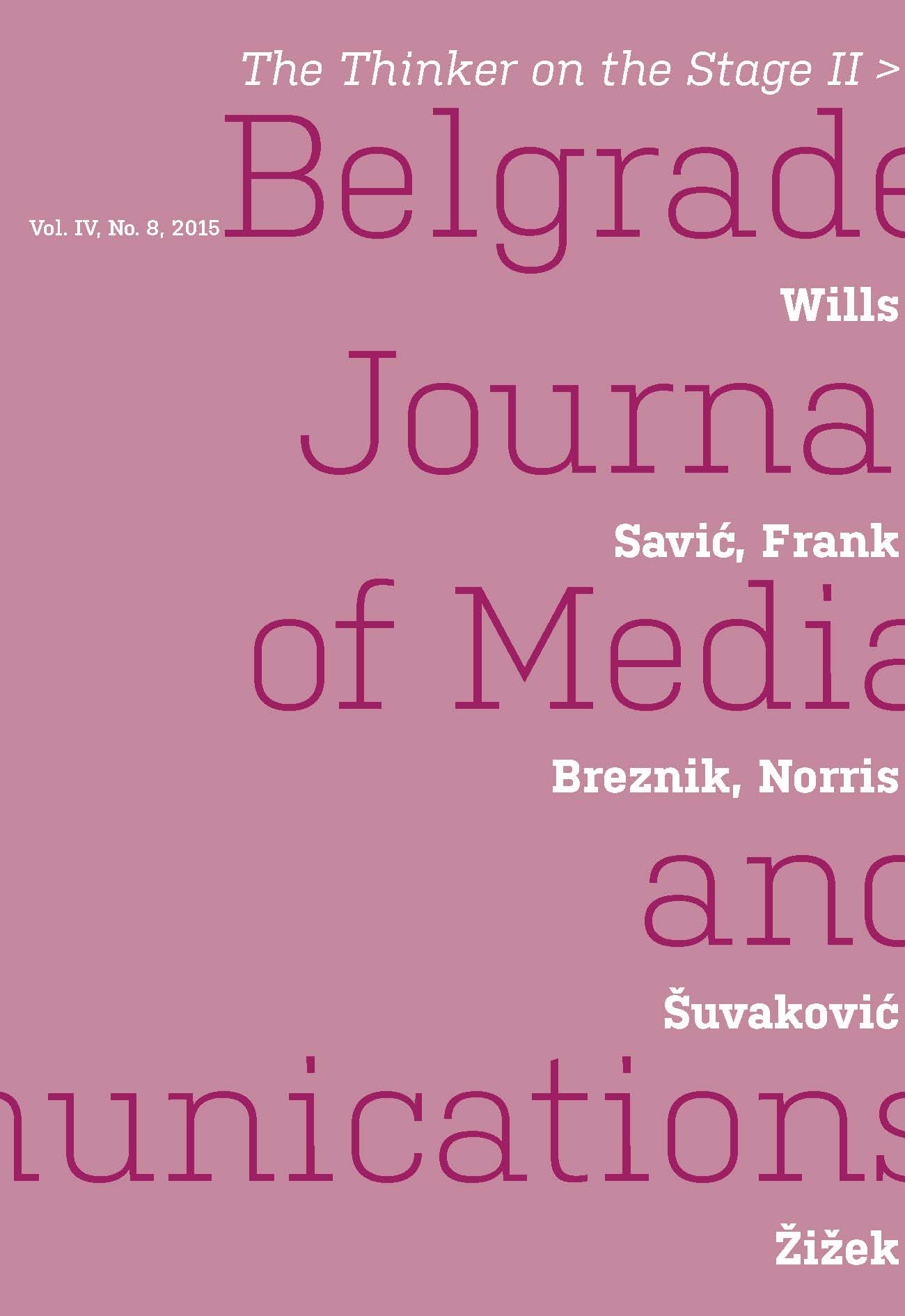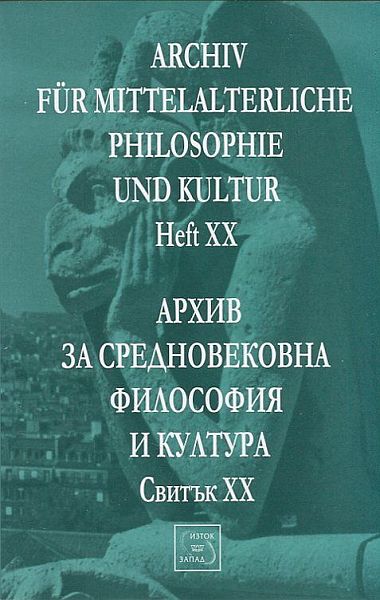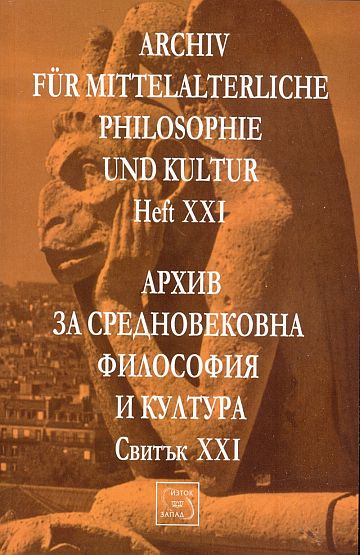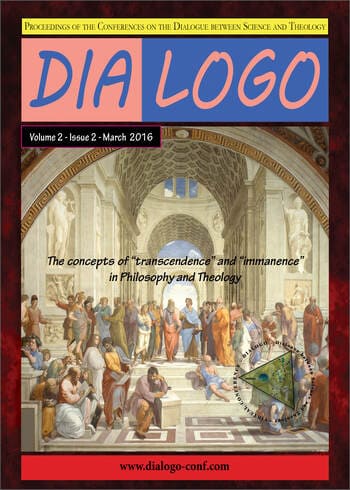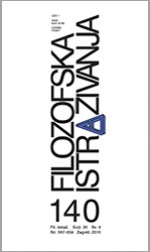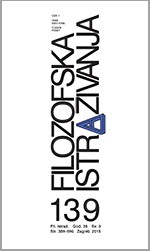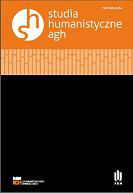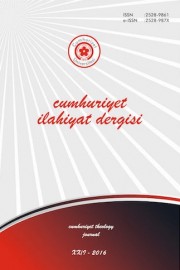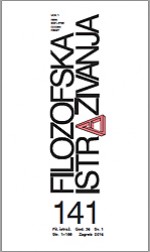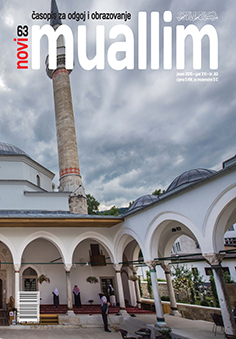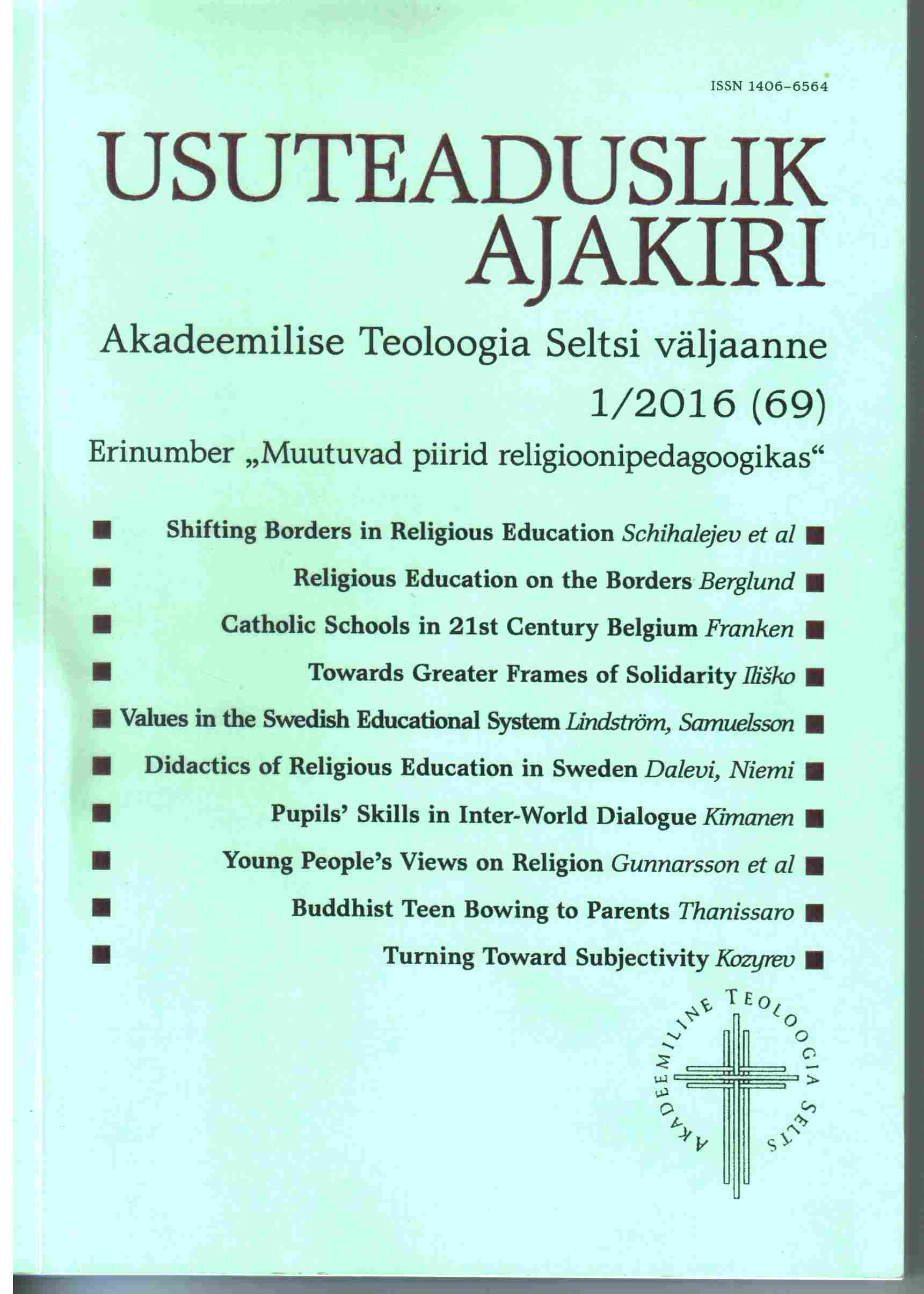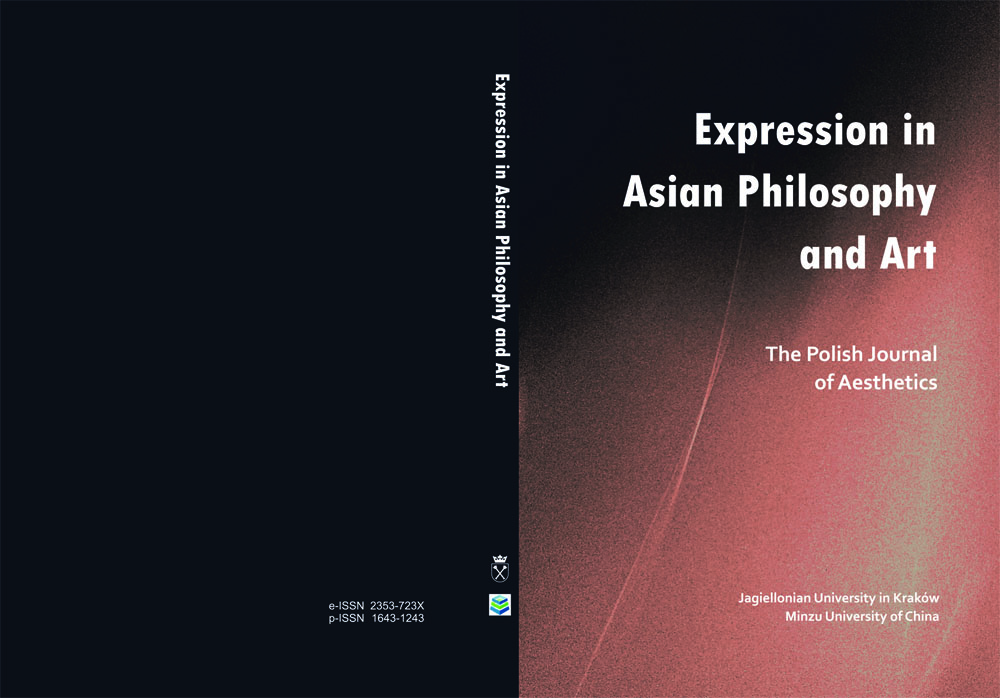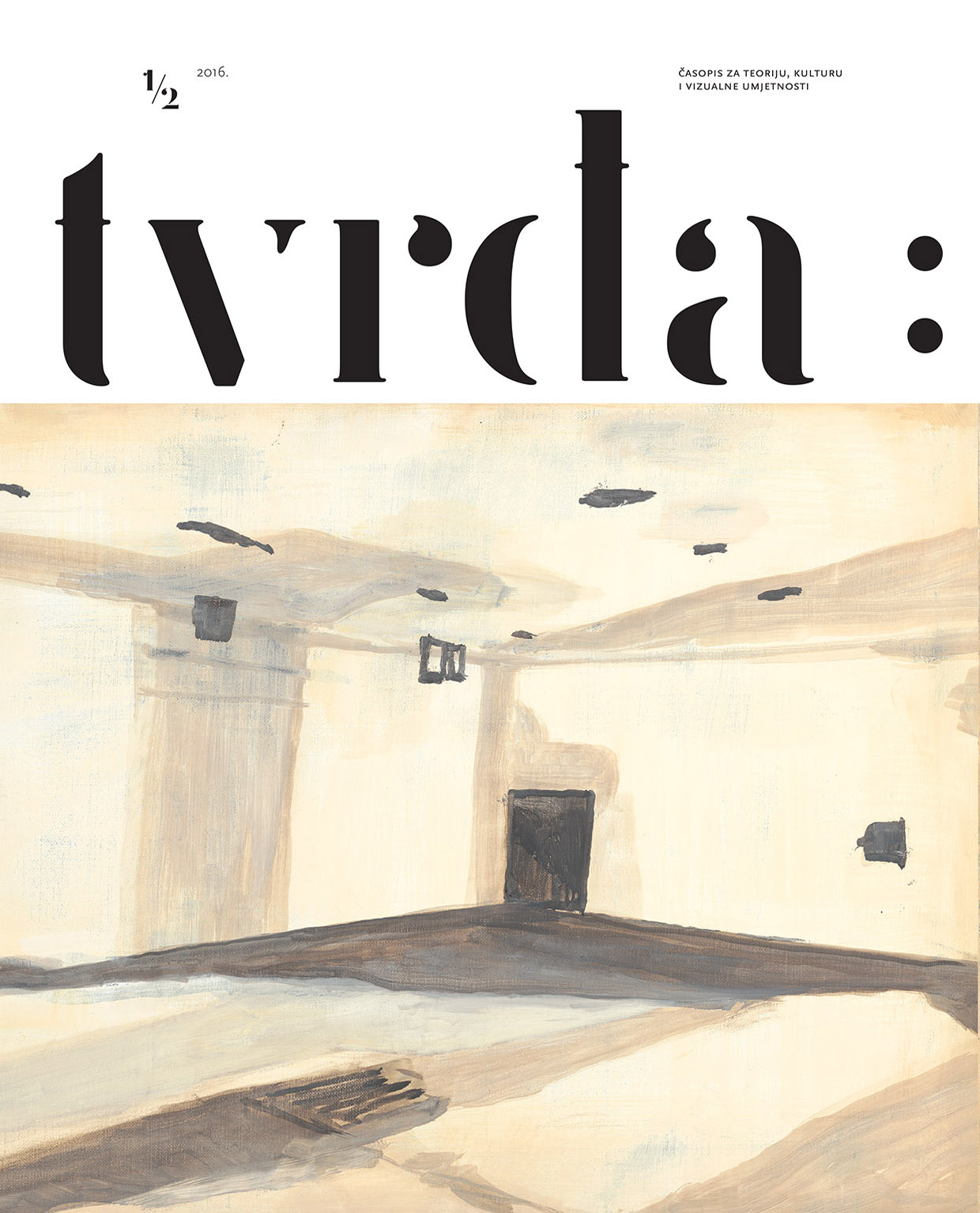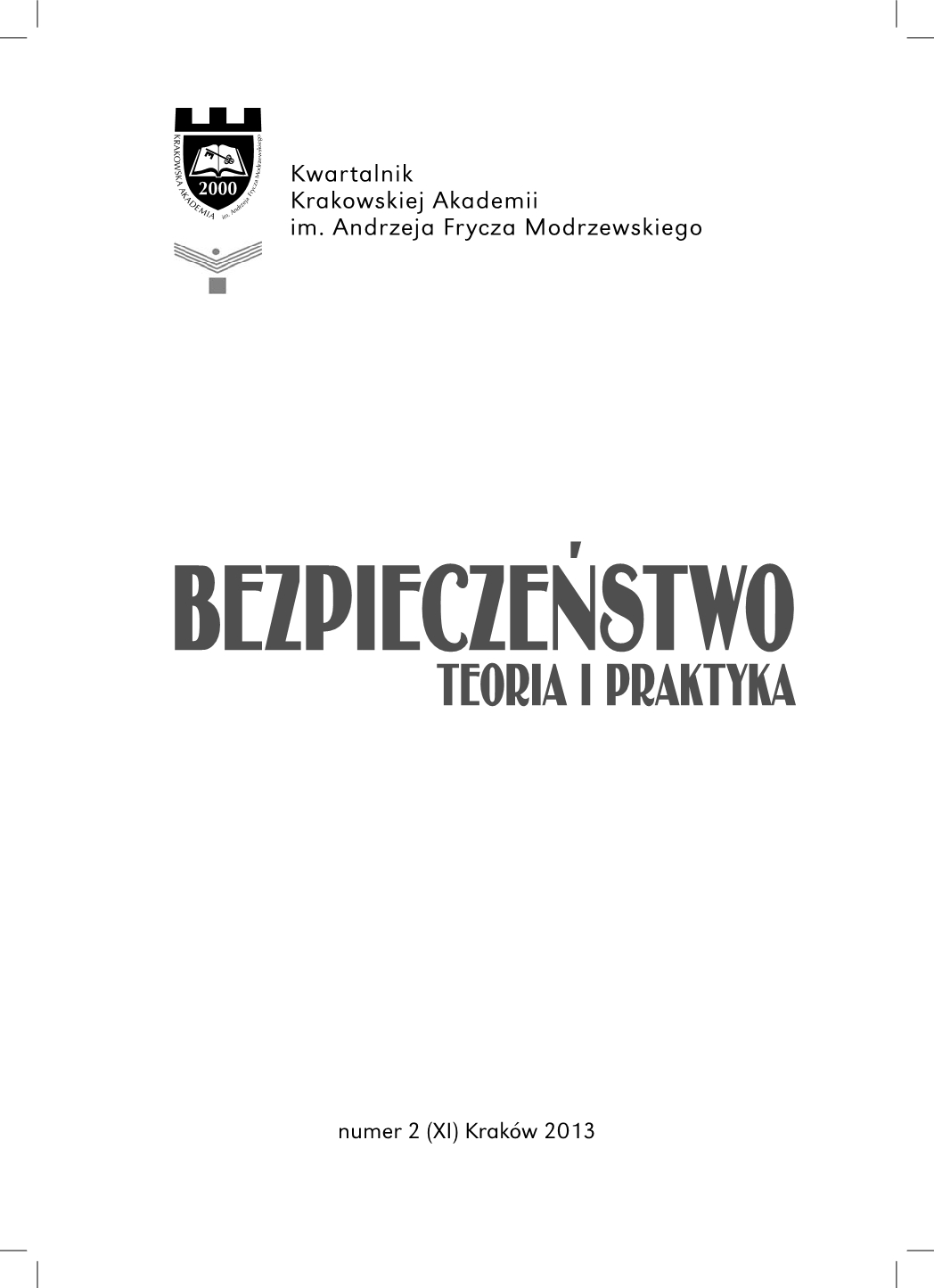Author(s): Emrah Kaya / Language(s): Turkish
Issue: 1/2016
ABSTRACT: This article aims to study Sufism (taṣawwuf) and inspiration (ilhâm), which is the main means of the mystical knowledge, in the thought of Ibn Taymiyya who is known generally as an exponent of a tradition grounded on the understanding of Salaf. He is considered by majority to be a rigid opponent of Sufism because of his unconventional interpretations of Sufi terminology. Also, since Ibn Taymiyya constantly offers the Qur’ān, ḥadīth, and the opinions of Salaf as the base of religious knowledge, the idea that he does not lean toward inspirational and rational knowledge and he does not give a place for them in his epistemology came out and has grown in the course of time. As a result of our research, however, we realize Ibn Taymiyya admits the epistemological value of inspiration along with Sufism conditionally. While he divides Sufism into Early and Later periods, he examines inspiration in the context of knowledge (bâb al-ʿilm) which is considered to be a subcategory of supernatural events. Ibn Taymiyya, who believes that inspirational knowledge must be tested by means of the Qur’ān, Sunna, and the opinions of Salaf, without rejecting its reality, assesses the subject matter in detail through his own criteria. Therefore, this article, in which the subject is elaborated critically and descriptively, focuses on the approach of Ibn Taymiyya to Sufism and inspiration that is the basic element of Sufi knowledge.SUMMARY: Ibn Taymiyya, who is one of the most influential, productive, and controversial Muslim scholars in history of Islam, exerted sincerely to find out the best and the most reliable way of acquiring religious knowledge. Through his fruitful works, his enormous knowledge of the Qur’ān, ḥadīth, Kalām, and Islamic and Greek philosophy can be witnessed. His works where his epistemological, theological, and philosophical statements are found dispersedly, are dealing with many issues such as revelation, the human intellect, inspiration (ilhām), Sufism, Aristotelian logic, the doctrines of Shia sect, methods of commentary of the Qur’ān, ḥadīth, creation of the world, the divine names and attributes, jihad, and juridical ones. Of all issues about which Ibn Taymiyya provided his opinions, Sufism obviously has been one of the most problematic ones. Since Ibn Taymiyya criticizes Ibn al-ʿArabī who is considered to be the Greatest Master in Sufism, he has been acknowledged to be a virulent opponent of Sufism and its complements like knowledge of inspiration- unveiling which is bestowed to the heart of believers by God. It is correct to say that Ibn Taymiyya has objections to the conceptions of unification (ittihād), incarnation (ḥulūl), oneness of the existence (waḥdat al-wujūd), the fixed entities (aʿyān al-thābita), and the seal of the friends of God (khatam al-awliyā’) all of which are encountered abundantly in the studies of Ibn al-ʿArabī and Sufism. In addition to these conceptions, Ibn Taymiyya refutes kinds of unification including general unification and particular or specific unification.Through detailed investigations of the works of Ibn Taymiyya it is possible to realize that Ibn Taymiyya elaborates Sufism under the categories of Early Sufism and Later Sufism. The Later Sufism, which is mostly heretical, is also elaborated with the distinction of philosophical and practical aspects. Furthermore, it is realized that along with criticisms of the practical aspects, his objections intensify on the philosophical Sufism, which may be called pantheistic, monistic, and metaphysical Sufism, imported noticeably from non-Islamic sources like Greek philosophy, Christianity, and Zoroastrianism. While Ibn Taymiyya persistently defends that the validity of Sufism depends on obedience to the Qur’ān and ḥadīth only, he interprets in his own way the conceptions of the friendship of God and inspiration (ilhām). According to Ibn Taymiyya, those, who are counted among the Early Sufism methodologically, even if not historically, like ʿAbd al-Qādir al-Jīlānī, Sahl Ibn al-Tusterī, and Maʿrūf al-Karkhī follow the Qur’ān and ḥadīth precisely.As for inspiration itself as a way of acquisition of knowledge, it is worth noting that in Ibn Taymiyya’s teaching inspiration or unveiling (kashf) is not argued concerning its reality. It is neither a sort of active communication nor is it a superstition. On the contrary, Ibn Taymiyya suggests that inspiration is a kind of supernatural events (khawāriq), which can be seen as an effect (ta’thīr) or knowledge (ʿilm). In this respect, inspiration is examined under the category of knowledge. He believes that when God has lifted the cover from the heart of believers, the heart will be under the control of God. As a result of this divine control, the servants can find out the correct, valid, and permissible way to follow. Thus, Ibn Taymiyya, who classifies inspirational knowledge as divine (raḥmānī) and devilish (shayṭānī), emphasizes importance of religious and spiritual training for purification of the heart.When the validity or acceptability of inspirational knowledge is in question, Ibn Taymiyya offers a test in the light of the Qur’ān, ḥadīth, and the opinions of the Salaf. According to him, the soundness of inspirational knowledge can be verified as long as it is weighed on the scale of these sources of Islamic sources. The reason for offering a test to verify the accuracy of inspirational knowledge received by a person is based on his idea that receiving inspirational knowledge is not an indication of being one of the friends of God at all. According to Ibn Taymiyya, it is very possible to perform or receive inspirational knowledge as a supernatural event not only for the friends of God but also for polytheists, disbelievers, people of the Book, and people of the innovation. He, as is said above, does not argue the validity of inspiration concerning its epistemological reality and value. What is more, he would rather give precedence to inspirational knowledge over weak ḥadīth reports, weak argumentations, and weak analogies. Therefore, it can be said that if we had to constitute an epistemological hierarchy of Ibn Taymiyya, it would be something like that the revelation, the human intellect, and inspiration, respectively. Finally, it may be propounded that even if there are several conditions to accept inspirational knowledge, it is a reality in Ibn Taymiyya’s epistemology.
More...
